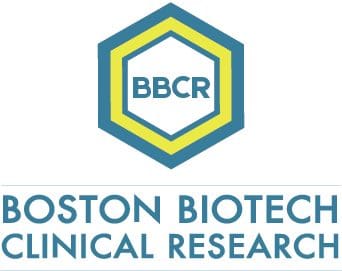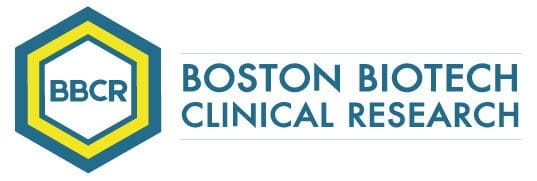Currently, there are two approved drugs to treat ALS:
Riluzole, which can extend lifespan by an average of a few months and has been on the market for 25 years
Edaravone, approved in 2017, which in clinical trials showed to help patients function for longer into their disease.
Unfortunately, ALS is still a deadly disease typically within three to five years of diagnosis.
On September 3, 2020 The New England Journal of Medicine (https://www.nejm.org/doi/full/10.1056/NEJMoa1916945) were published the results of a trial of 137 patients with ALS showed that a combined treatment of an existing drug and a supplement lessened declines of function over six months.
After six months, patients with fast-progressing ALS who had received the experimental treatment had less loss of function than those who received a placebo. Data showed a smaller decline in the ALS Functional Rating Scale, which assesses a patient’s ability to do activities such as swallow and climb stairs, than those in the placebo group—about 2.9 points less, on average.
The data from the trial suggested it might be working.
This is very encouraging and we hope that the effect on function sustained beyond the six-month trial period and does it have an effect on overall survival.

Specializing in rare disease, Boston Biotech Clinical Research works with biotech, pharmaceutical, device companies and investors to streamline the clinical trial process. Our experienced team helps each client reach their specific goals by customizing a clinical and regulatory road map of simplified programs and streamlined protocols to meet our clients’ requirements.

